"Reconnecting the brain to the body:" Doctors dedicate their lives to help patients fighting POTS
MILWAUKEE -- Postural orthostatic tachycardia syndrome otherwise known as POTS syndrome is known as the "silent" illness. You can't see it, but if you have to deal with it, it can be devastating. In part two of a series, two POTS experts offer a ray of hope for individuals and families dealing day-to-day with the illness.
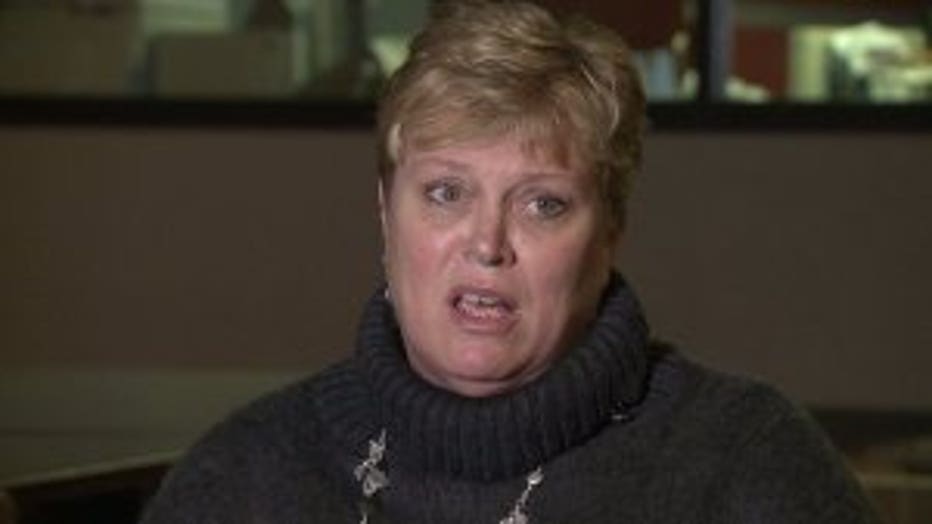
Joy Czarnik
There have many many dark days, a lot of tears shed and to this day there are a lot of tears shed. Because there is no cure, I know there will be many tears shed in the future," said Joy Czarnik.
Joy Czarnik and all three of her children have POTS.

Joy Czarnik's children

Joy Czarnik's children

Joy Czarnik's children
"POTS stands for postural tachycardia syndrome, which it just means that your heart rate goes up in kids with say more than 40 heartbeats per-minute from lying down to standing in the first ten minutes of the tilt test, without a drop in blood pressure," said Dr. Gisela Chelimsky, POTS expert.
Doctors Gisela and Thomas Chelimsky are POTS experts, who started working at the Medical College of Wisconsin in 2012, where they established a clinic at Children's Hospital of Wisconsin.
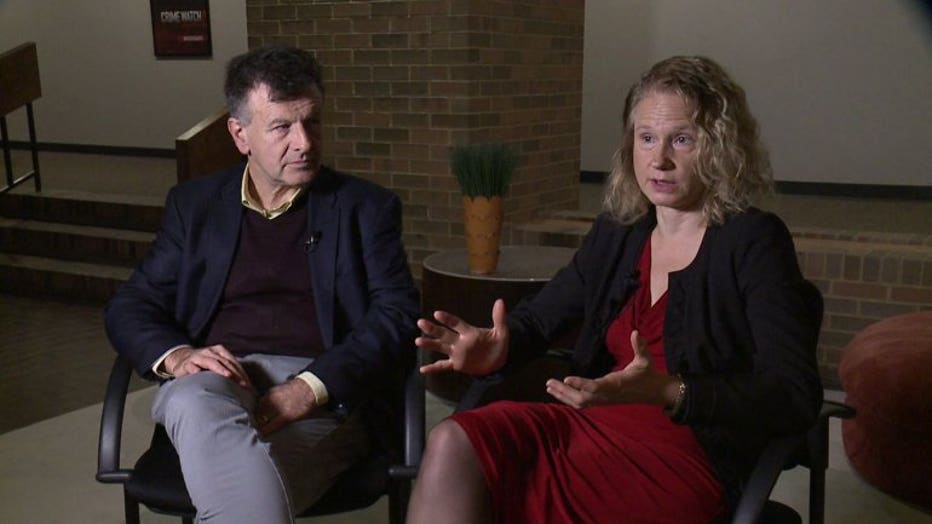
Doctors Thomas and Gisela Chelimsky
"That usually comes with symptoms, dizziness, nausea, upper belly discomfort. Sometimes a brain fog," said Dr. Gisela Chelimsky.
One of the challenges with POTS is that it often comes with associated problems such as migraines, fatigue, sleep disorders, aches and pains -- fibromyalgia.
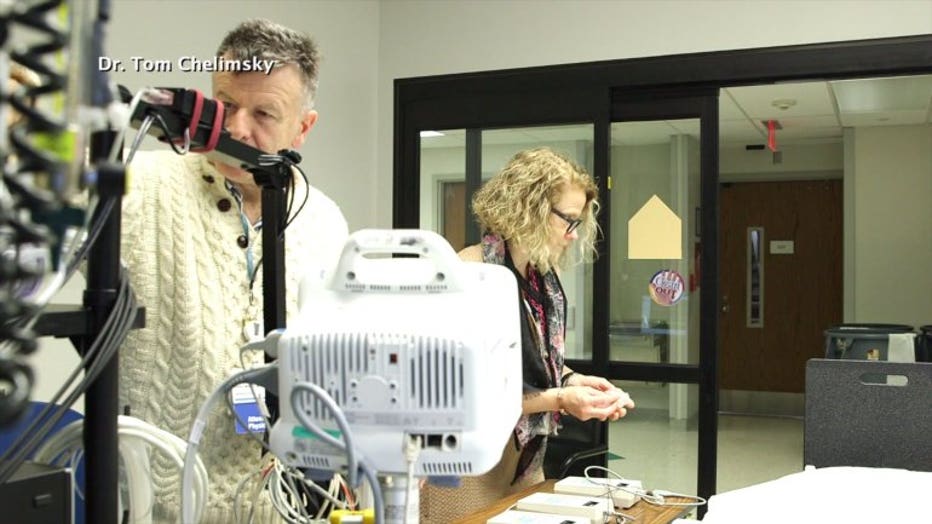
Doctors Thomas and Gisela Chelimsky
"Those are not necessarily part of POTS but they come with POTS. It's more you can have all those things without having POTS. In some ways, POTS often is one part of chronic overlapping pain disorders," said Dr. Gisela Chelimsky.
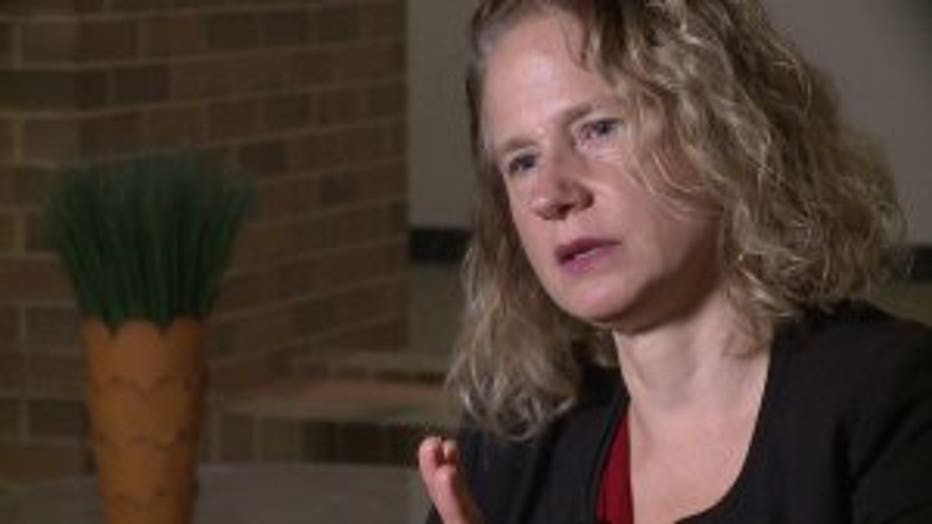
Dr. Gisela Chelimsky
Dr. Gisela Chelimsky says that she and her husband see very few patients who only have POTS.
"Those patients are very easy to treat, you just give them salt and fluids and you make them exercise -- and they just get better. It's not the POTS in itself that makes somebody disabled," said Dr. Gisela Chelimsky.
"From a medical or scientific perspective, it's really been a moving target. The assumption was, 'OK this high heart rate's the cause. But then when we looked at the high heart rates when they move around, and the people who don't have the high heart rates when they move around, their complaints, their disability is exactly the same. So POTS is helping us sort of get into an understanding of something; but it's going to be beyond POTS. It's going to be something larger and different that just POTS itself," said Dr. Tom Chelimsky.
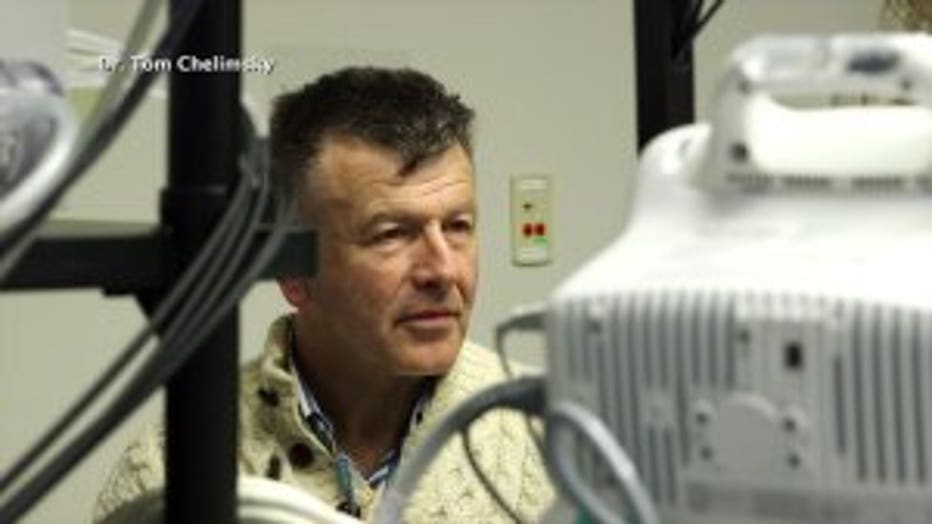
Dr. Tom Chelimsky
"Some people think that it's psychogenic, which I absolutely disagree. Just because it looks normal doesn't mean that it's normal," said Dr. Gisela Chelimsky.
"There's a saying that says, 'If it's not in the doctor's head, it's in the patient's head.' We disagree with that. If it's not in the doctor's head, we just haven't figured it out yet," said Dr. Tom Chelimsky. Think of POTS, and all the associate disorders as a kind of disconnect between the brain and the body. The brain is sort of going kind of hands-off on the body. And the body's sort of having to do its own thing, and there's additional signals coming through. Pain signals and other signals that wouldn't normally come through. I explain that to my patients and I say, 'our job together as a team is to make your brain and your body reconnect, re-harmonize in a positive way."
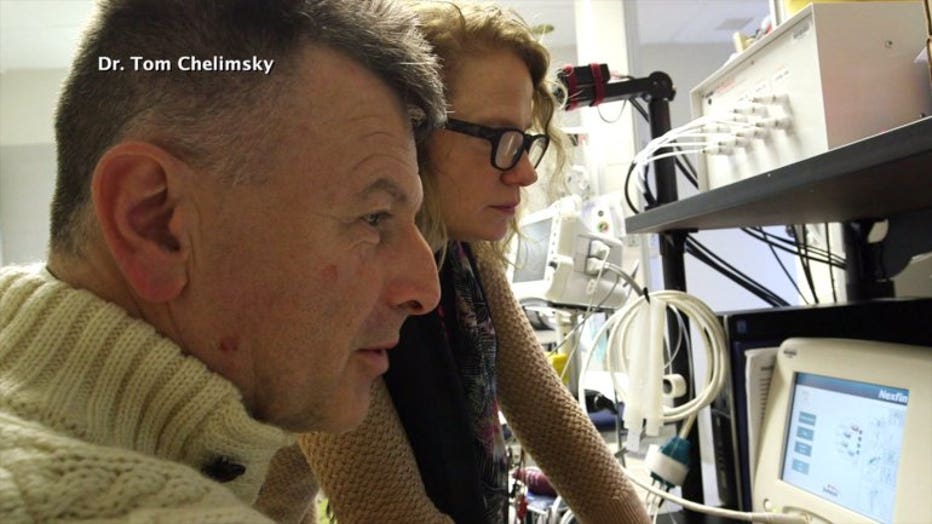
Doctors Thomas and Gisela Chelimsky
And hopefully to educate the public about this "silent" illness.
"They look good. They look healthy. They don't have a cast. They have their hair. People tend to think that they are faking it," said Dr. Gisela Chelimsky. "I think it's important for the schools and the peers to understand that this a real disease; this is not psychological, this does not start with school avoidance. Those kids are usually athletes, top students. I had kids that would have been on scholarships for college and then they couldn't continue. So when they get accused that this is school avoidance, I think that that is very unfair."
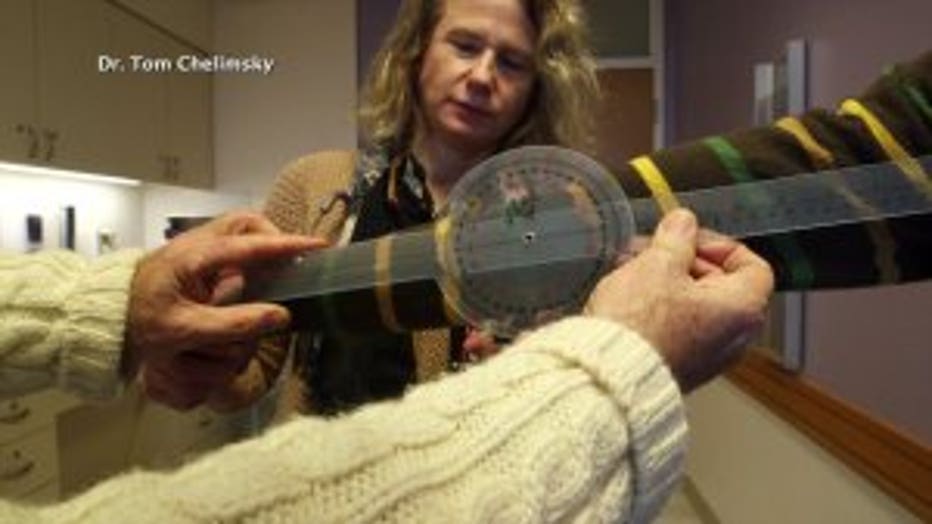
Dr. Gisela Chelimsky
Dr. Tom Chelimsky thinks that the fundamental piece for patients with POTS is to do the very thing that they don't want to do when they're suffering with the symptoms of the syndrome.
"And that is exercise. They can barely stand up, and then we're asking them to use even a little bit more energy to start an exercise program. I have yet to see someone who's exercised regularly not get better. And I have yet to see someone who has not exercised get better," said Dr. Tom Chelimsky. "We think that exercising is actually reconnecting the brain to the body."
Doctors Gisela and Tom Chelimsky have been given funding for a program that allows them to go to the offices of primary care physicians and train them to manage patients with POTS and related disorders. They've dedicated their lives to the cause.
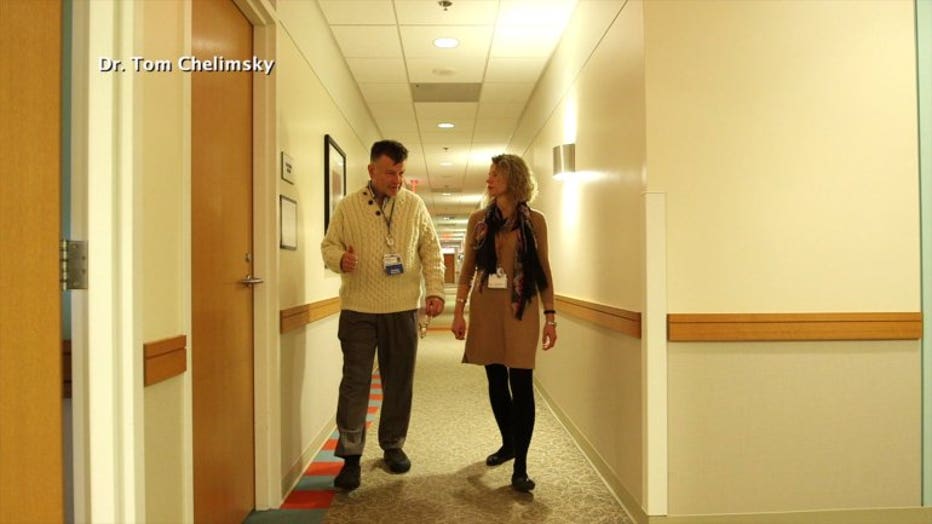
Doctors Thomas and Gisela Chelimsky
"I want the kids to go to college, get married, get on with life; not be disabled," said Dr. Gisela Chelimsky.
To learn more about POTS, CLICK HERE.

